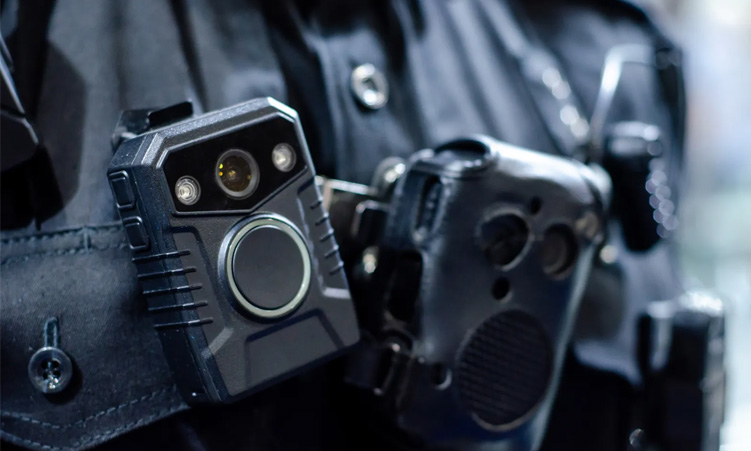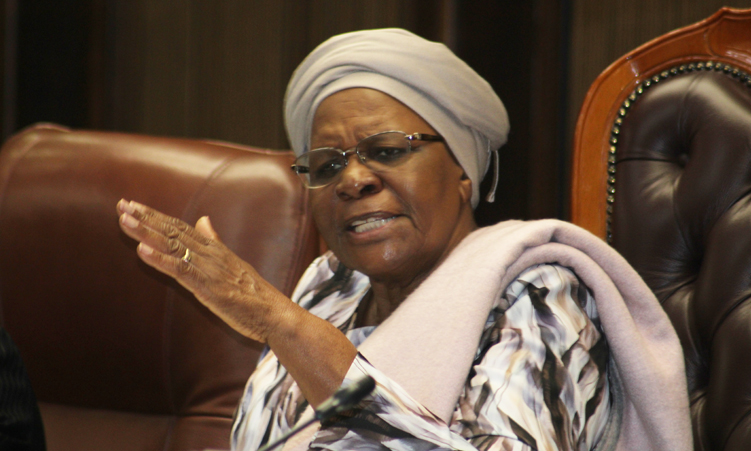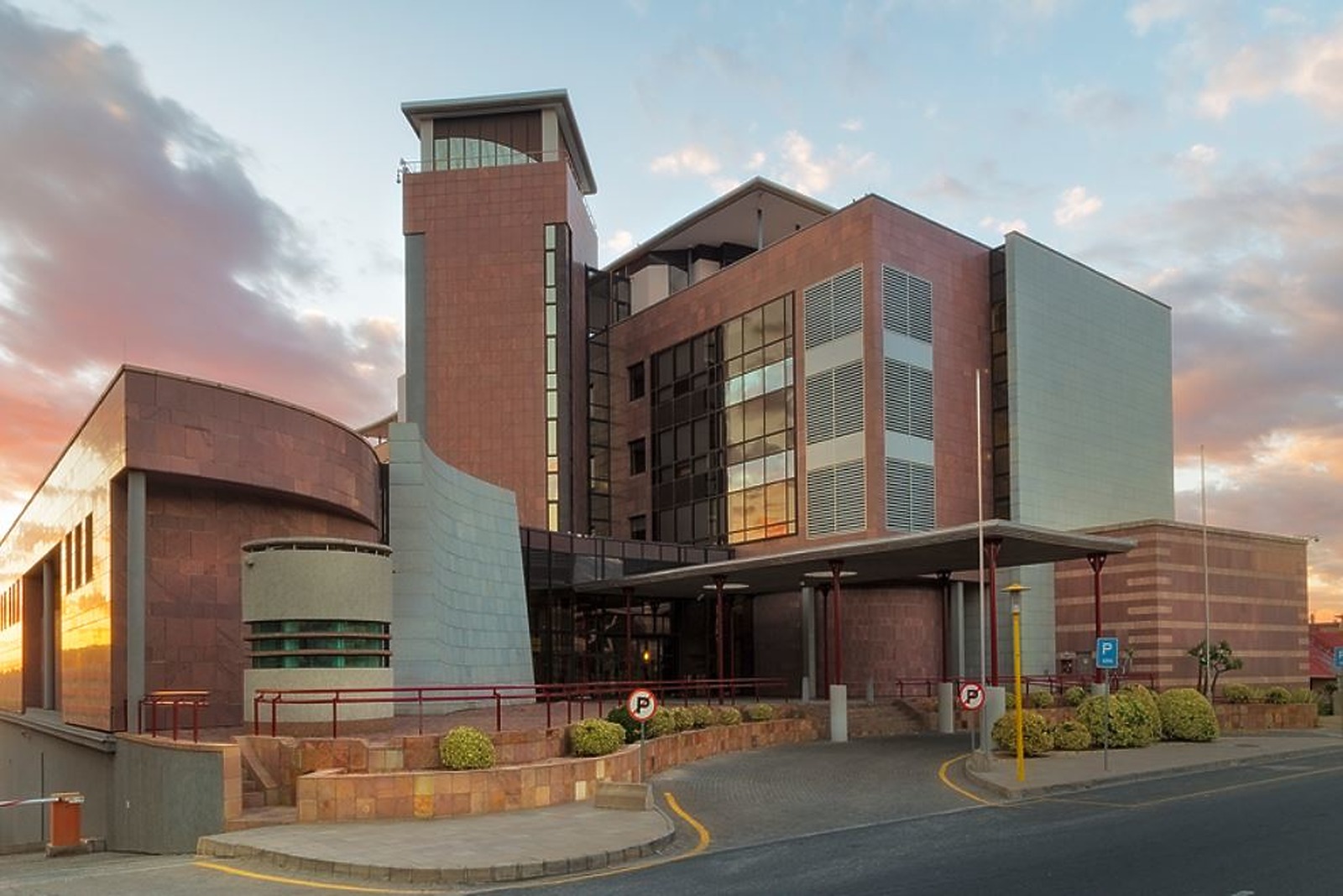The safety of healthcare workers is of growing concern globally, and Namibia is no exception.
Incidents of verbal and physical abuse against medical professionals, especially in public hospitals, are increasing. To address this issue, Namibia should consider adopting body cameras for healthcare workers, an initiative already practised in London hospitals.
Healthcare workers often find themselves in vulnerable situations when dealing with aggressive patients or frustrated family members.
The implementation of body cameras could offer several benefits:
Deterrence of violence: The presence of cameras may discourage individuals from engaging in abusive behaviour.
Evidence collection: Recorded footage provides clear documentation in cases of disputes, complaints, or legal proceedings.
Accountability and transparency: Both patients and medical personnel would be held accountable for their interactions, promoting mutual respect.
Improved patient care: Reviewing recorded interactions could assist in training healthcare workers to enhance service delivery.
To effectively use body cameras in Namibian healthcare settings, a structured approach is necessary:
- Pilot programme: Initially introduce body cameras in high-risk hospitals.
- Legal framework: Develop policies regulating when and how recordings are made, stored, and accessed, ensuring compliance with privacy laws.
- Training and awareness: Educate healthcare workers on ethical usage and inform patients about their rights regarding recorded interactions.
- Funding and procurement: Collaborate with government agencies and donors to secure funding for acquiring and maintaining the devices.
While the advantages are evident, challenges such as privacy concerns, cost implications, and data management must be addressed. Balancing security and patient confidentiality is critical for successful implementation.
Introducing body cameras in Namibia’s healthcare sector could significantly improve workplace safety, enhance accountability, and ultimately lead to better healthcare service delivery.
With appropriate policies and a robust implementation strategy, this initiative has the potential to transform the healthcare environment for both workers and patients.
Simeon Mupandeni
Stay informed with The Namibian – your source for credible journalism. Get in-depth reporting and opinions for
only N$85 a month. Invest in journalism, invest in democracy –
Subscribe Now!










